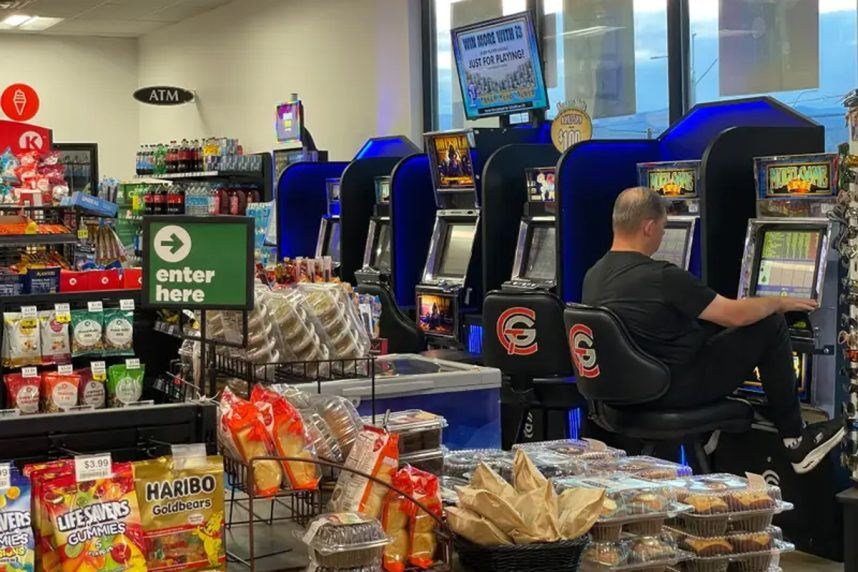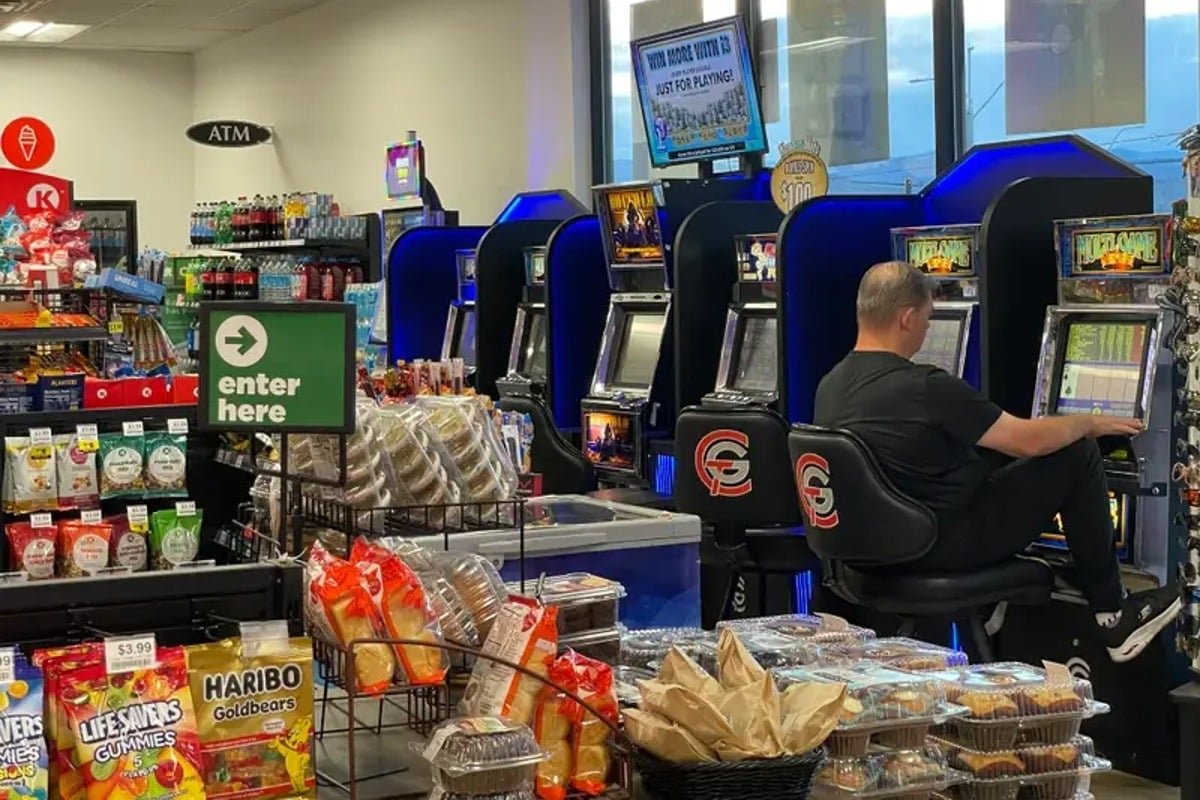Posted on: October 26, 2024, 02:13h.
Last updated on: October 25, 2024, 05:15h.
The world’s population is gambling unlike ever before, and without government action, a public health crisis is imminent, new research suggests.

An international commission studying the global impacts of the continued expansion of gambling has concluded that easier access to games of chance poses a significant threat to public health.
The Lancet Public Health Commission on Gambling consists of 22 medical doctors and PhD researchers with expertise in health and public policy. In their report titled, “Time for a Public Health Response to Gambling,” the commission concludes that the ongoing expansion of gaming around the world presents wide-ranging harms that affect not only an individual’s health and wellbeing but also their finances and relationships.
Along with new countries and states legalizing casino gambling and/or authorizing new gaming properties, the Lancet team says the continued migration of gamblers to online channels poses public health concerns.
For too long, governments — also conflicted because of the benefits they gain from taxes and revenues of a profitable industry — have paid little attention to understanding gambling-related harms. They have relied on oversimplified approaches, pointing to individual responsibility and the dangers for individuals at high-risk. Balancing public health with competing economic interests is now crucial,” the report’s introduction read.
Global gaming revenue, or losses incurred by players, is projected to reach nearly $700 billion a year by 2028. Gambling, in some form, is today legal in about eight in 10 countries. Online gambling is happening almost everywhere, whether it is legal or not.
Public Health Crisis
The international assembly of researchers is calling on governments and policymakers where gambling is allowed to treat gambling as a public health issue similar to other addictive products like alcohol and tobacco.
The report says there’s a critical need for “effective gambling regulation” that includes reducing the public’s exposure to gambling by limiting or prohibiting advertising. Universal support and treatment programs for gambling harms are also suggested.
The health and policy experts believe the most common responsible gaming programs that place the responsibility of getting help on the individual is bad policy.
“Regulation of gambling harms still revolves primarily around the so-called responsible gambling paradigm, which keeps the focus on individuals deemed to be gambling problematically and diverts attention away from the nature and conduct of the commercial gambling ecosystem,” they said.
Action Needed
The Lancet probe took most issue with online gambling, interactive products that the commission says are designed to be “more intense gambling products” due to the fast-paced nature of their operations.
“Traditional gambling products, such as lotteries and bingo, now have faster cycles and are continuously accessible through smartphone apps. The boundaries between digital gaming and gambling are becoming blurred, with gaming increasingly acting as a conduit into gambling,” the researchers said.
Anyone with a mobile phone now has access to what is essentially a casino in their pocket, 24 hours a day,” said Commission Co-Chair Heather Wardle, a professor of gambling research at Scotland’s University of Glasgow. “Highly sophisticated marketing and technology make it easier to start and harder to stop.”
The team concluded by warning readers about the likely defense from the gaming industry.
“The industry will claim that their products are enjoyed by millions of people, the overwhelming majority of whom do not suffer adverse consequences, and that such recommendations are unfairly encroaching on the freedom of individuals. This Commission exposes these assertions as deeply misleading,” the report declared.
“Governments have a duty to protect their citizens from harmful and addictive products and to adopt a public health response to gambling,” the report ended.
The American Gaming Association told USA Today that “the industry has made significant investments towards advancing responsible gaming initiatives” and “expanding consumer resources” to “promote safer gambling.”
“We firmly support ongoing discussions and the adoption of best practices,” said AGA Strategic Communications Senior VP Joe Maloney.


Recent Comments